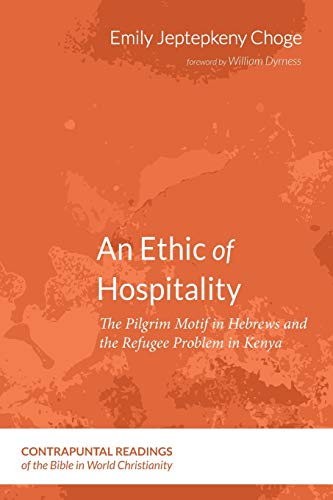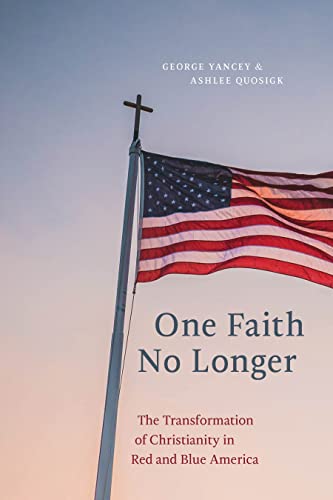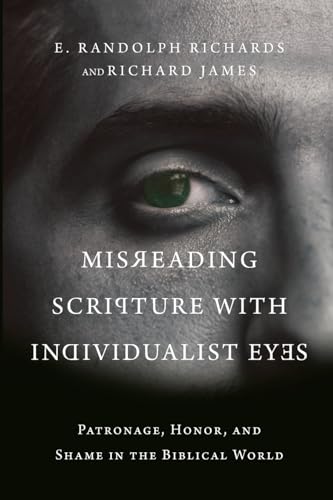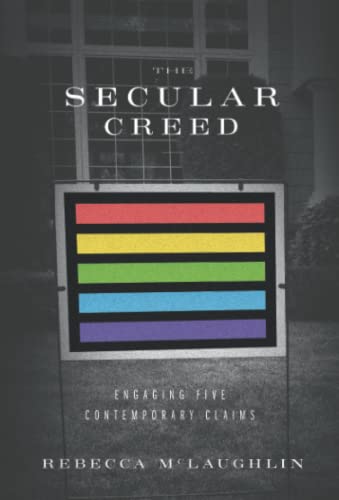An Ethic of Hospitality: The Pilgrim Motif in Hebrews and the Refugee Problem in Kenya
Written by Emily Jeptepkeny Choge Reviewed By Jessica UdallIn recent years in America, issues related to refugees have become part of the national consciousness and conversation. All too often, these issues are over-politicized and efforts to find reasonable ways forward become stymied by self-focused partisanship. In the process, congregations lose their sense of clear-eyed calling to care for the vulnerable as Christians wonder whether they must choose between two extremes of open borders or turning away and ignoring those in danger. In the confusion, the dignity of displaced people is easily forgotten and the opportunity for host-nation believers to connect more deeply with their own Christian pilgrim identities through interactions with refugee-pilgrims is lost. This is a tragedy in many ways, but one that can be remedied.
I have often thought that any discussion of the refugee program in America would benefit from impartial outside voices which are not part of the two-party system or even part of America in any way. Emily Choge is such a voice, writing An Ethic of Hospitality: The Pilgrim Motif in Hebrews and the Refugee Problem in Kenya as a clarion call to the Kenyan Church (and by implication, the Global Church) to embrace the refugees in their midst not as objects of pity and suspicion but as brothers, sisters, and teachers.
In talking with Kenyan Christians during her research, Choge reports that most “are at a loss as to how to respond to this great need. They are not sure what their role is, especially alongside international bodies like the UNHCR … or the Kenya government” (p. 12). Choge therefore sets out to consider “the refugee crisis through the lens of pilgrimage” (p. xvii). She contends that “a church that will own its pilgrim identity will respond to refugees in caring and compassionate ways and will lead the nation towards creative life-transforming solutions” (p. xix).
In chapter 1, Choge lays out the problem: while Kenya has shown generous hospitality toward large numbers of refugees for many years, recent hardships have caused public opinion to turn against the refugees who are sojourning there. The remainder of the book then lays out a biblical-theological response that can guide Kenyan Christians to behave ethically—even gratefully –toward refugees in their midst. Chapter 2 brings historical perspective to the ongoing refugee crisis in Africa, particularly focusing on the ways that “European intervention in Africa” has caused many of the dynamics which have created and continue to create large numbers of refugees on the continent.
In chapter 3, Choge asks the question: “There is so much humanitarian effort that has gone into trying to respond to the problem [of refugees in Africa], but what has been the result?” She investigates the responses of African countries receiving refugees, international bodies like the UNHCR, and pan-African church organizations like the All Africa Conferences of Churches (AACC), evaluating whether the approaches used by each were “effective” or “counter-productive” (p. 38).
Chapter 4 zooms in on Kenya’s response to refugees in particular: Choge considers whether Kenyans have followed their own advice found in a Kiswahili proverb which means “A guest is a guest for two days; on the third day give him/her a hoe” (p. 60), concluding that camp life is not sustainable and that other means of integration for refugees should be pursued. In chapter 5, Choge turns to the book of Hebrews, demonstrating that “the pilgrim motif sets the tone for radical faith and hope in the face of adverse circumstances” (p. 96) which in turn influences how believers live in the world, including how they welcome strangers.
Chapter 6 converses with John Howard Yoder and Bishop Henry John Okullu to determine what the role of the Kenyan Church might be in addressing socio-political matters such as the refugee crisis. Choge uses Glen Stassen and David Gushee’s method of concreteness in Christian ethics in order to develop “an ethic for the care of the stranger” (p. 183) informed by the pilgrim motif in Hebrews which involves being careful to live in solidarity with those who are vulnerable, letting Christian identity transcend tribe and ethnicity, and focusing on biblical hospitality toward the stranger. Chapter 7 concludes the book with practical suggestions for Kenyan Christians to address the refugee crisis in Kenya and in Africa at large. These involve “addressing root causes” (p. 190), “responding to needs” (p. 192), and “raising awareness” (p. 195).
An Ethic of Hospitality is a well-researched and biblically-informed call to action for Kenyan Christians. While the specific nature of Choge’s work might seem to make it less relevant for a wider, non-Kenyan audience, I would suggest that anyone interested in the global refugee crisis would benefit from reading it. The pilgrim motif is a key element in Christian identity regardless of culture. Understanding this motif will lead to a greater motivation to welcome refugees, no matter what culture they come from or come to. I highly recommend this book both to Kenyans and to anyone looking to get outside their own cultural viewpoint to gain a fresh perspective on refugee ministry and what it means to live on pilgrimage.
Jessica Udall
Jessica Udall
Columbia International University
Columbia, South Carolina, USA
Other Articles in this Issue
In the book of Kings, Elisha is the Spirit-empowered man of God who walks with God, represents God, and shows the way to covenant faithfulness through word and deed...
Baptists provide an excellent window into the American identity during the antebellum period...
This article explores Colossians, a letter in which Paul says a considerable amount about work...
This article offers a reading of Nicholas Wolterstorff’s objections to the doctrine of divine simplicity, which has seen a kind of rebirth amongst both Catholic and Protestant theologians in recent decades...
The Targums were not translations for the Aramaic-speaking masses who were ignorant of Hebrew...






